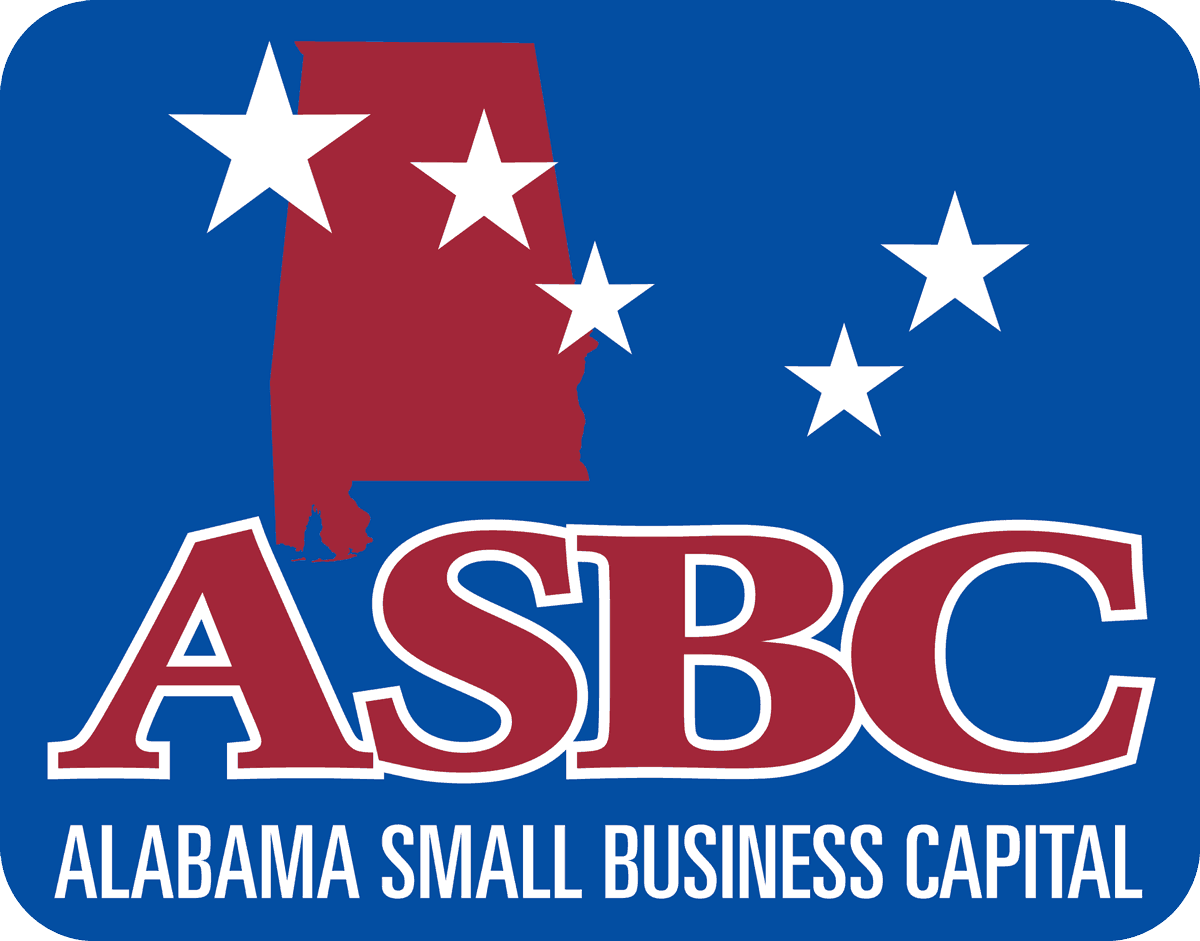A. Established by Congress in 1986, the SBA Loan Program is the first national financing program to recognize contributions of small and medium sized businesses toward local economic development and job growth in the U.S.. The progam provides healthy, expanding businesses with long-term, below-market, fixed-rate financing for the acquisition of land and building, machinery and equipment and construction and renovation.
Frequently Asked Questions
General Information
A. 504 loans have many advantages, including long-term, below-market, fixed-rate financing and equity requirement of 10% or more from the customer. In addition, the lender can provide 90% financing for the customer, can participate in larger transactions and enjoy first lien, lending 50% of value at market rate and fees.
A. For-profit businesses with a tangible net worth not to exceed $15 million and a net profit not to exceed $5 million (after taxes).
A. Ineligible borrowers include non-profits, lending institutions, and insurance companies, as well as borrowers affiliated with speculative development, gambling concerns and private clubs.
Funds can be used as follows:
PURCHASE OF:
- Land
- Building
- Machinery and Equipment
- Construction of New Property
REFINANCE:
- Existing Commercial Real Estate Debt
- Existing Machinery and Equipment Debt
- Other business debt
A. Ineligible use of funds includes working capital, inventory and rolling stock.
A. Private lenders must participate for a minimum 10-year term on real estate and a minimum 7-year term on machinery and equipment under market rates and fees, including a one time 0.5% fee to the SBA. The lender establishes covenants.
A. The SBA has two main lending programs: the 504 and the 7(a). The 7(a) program is the largest program in the SBA portfolio. This program is typically utilized for non-real estate transactions, provides floating rates and has additional collateral requirements.
Application Specific FAQs
A. The source of equity can come from a person/business cash or gifted funds that you don’t have to repay. The equity injection may be borrowed if the business can sustain all of their debt obligations; however, the note may need to be on standby.
A. We generally like to see that you are current on all debt and that past issues occurred greater than two years ago. For all past issues, you will need to provide a reasonable explanation as to what happened.
A. There is a prepayment penalty for the SBA portion of the note. In the event you would like to reduce principal, you may typically be able to pay down the private lender portion without a penalty.
A. An ASBC professional can provide general terms and structure based upon a specific location. To formally apply, an executed contract or term sheet is necessary.
A. If the business is less than 2 years old a plan is required. An ASBC professional can point you in the right direction to obtain assistance.
Fees/Rates
A. The SBA fees are 2.17% of the SBA loan amount. All of these fees are financed into the SBA loan and are paid out over the 20/10 year loan.
A. An SBA approved attorney typically charges $2500 for their work in closing and funding the 504 loan. This $2500 may also be financed.
A. 504 loan rates are determined based upon the sale of a pool of government guaranteed securities. The rate is indexed off of the ten-year treasury yield which fluctuates daily. Once the rate is set, it is fixed for the term of the SBA/ASBC loan.
A. Our participating lenders charge market rates on their portion (typically 50% of the project).
A. The rates are set on the following dates for the 2018 calendar year:
- 1/11/18
- 2/8/18
- 3/8/18
- 4/5/18
- 5/10/18
- 6/7/18
- 7/5/18
- 8/9/18
- 9/6/18
- 10/11/18
- 11/8/18
- 12/6/18
A. Effective rates are published monthly by NADCO that correspond to the securities sold that month. FBDC publishes NADCO rates in the ticker on our website. It is important to note that your final rate will be determined when your SBA loan funds.



